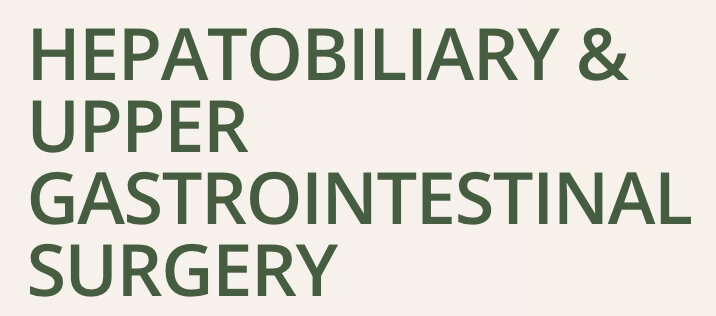Immunological Profiles in Patients Undergoing Distal Pancreatectomy with Splenic Preservation versus Distal Pancreatectomy with Concurrent Splenectomy
The project will explore the immunological impact of splenic preservation versus splenectomy in patients undergoing distal pancreatectomy. This prospective observational cohort study will be conducted across three hospitals and will enrol patients who have undergone elective distal pancreatectomy, either with splenic preservation or splenectomy. Blood samples will be collected pre- and post-operatively to assess immunological markers, including T and B cell populations, immunoglobulin levels, and inflammatory cell populations.
The primary objective is to describe and compare immunological profiles between these two patient groups, identifying short- and long-term risk factors associated with altered immune function. The study will also investigate the effect of different spleen-preserving techniques, such as the Kimura and Warshaw procedures, on immune outcomes. The findings from this study will provide valuable insights into how different surgical approaches influence the immune system, potentially guiding surgical decision-making and ultimately improving patient care.
Aim:
To look at how the body’s immune system works before and after surgery to remove part of the pancreas. We will compare patients who keep their spleen to those who have their spleen removed.
This includes investigating:
Types of infection-fighting white blood cells (T cells, B cells, others)
Levels of antibodies (proteins that fight infection)
Levels of other immune system proteins (complement)

Status: Currently recruiting
Site:
St Vincent’s Hospital Melbourne
Peter MacCallum Cancer Centre
Epworth Hospital
Royal Melbourne
Ethics: LRR 022/24
Principal Investigator:
Mr Brett Knowles
Funding:
This study is supported by the Epworth Research Foundation Grant.
Eligibility
Inclusion
Patients who have had a distal pancreatectomy, with or without splenic preservation
Patients with benign or pre-malignant pancreatic conditions, including:
Cystic pancreatic lesions:
Mucinous cystic neoplasm (MCN)
Intraductal papillary mucinous neoplasm (IPMN)
Serous cystic neoplasm (SCN)
Pseudocyst
Solid pancreatic lesions:
Solid pseudopapillary neoplasm (SPN)Adults ≥18 years of age
Pancreatic neuroendocrine tumour (low/intermediate grade)
Exclusion
Patients under 18 years of age
Patients undergoing surgery for: Pancreatic ductal adenocarcinoma (PDAC), Grade 3 pancreatic neuroendocrine tumour, Neuroendocrine carcinoma
Patients with an active cancer at another site (other than the pancreas)
Outcome Measures
Primary outcome:
Postoperative immunological function
Primary outcome:
Secondary outcomes:
Operative time
Intraoperative blood loss
Postoperative complications
